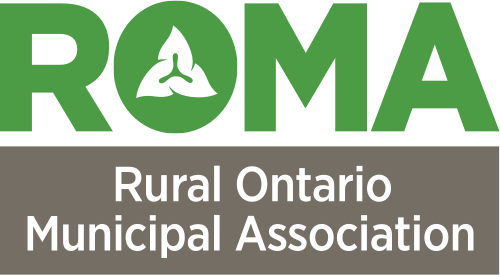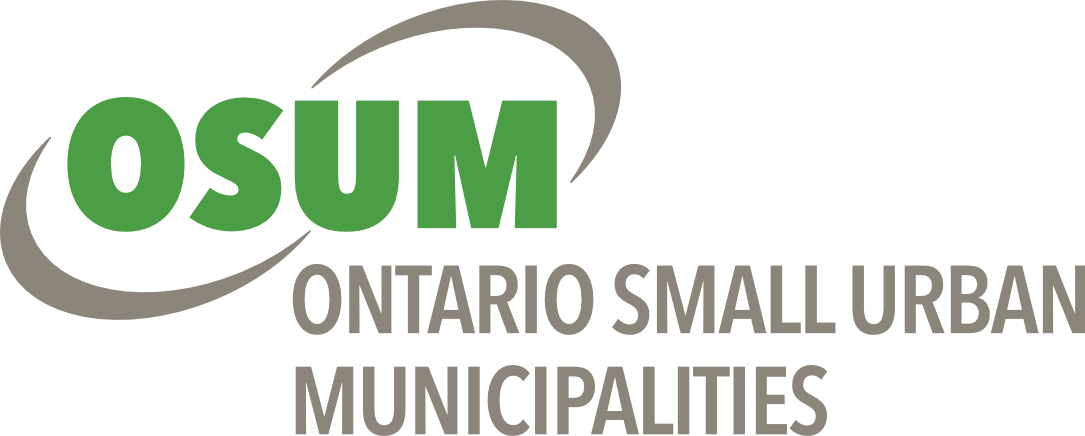Asset Management
Local governments provide safe, reliable, and sustainable services that promote economic development, protect the environment, and build strong communities. Efficient delivery of municipal services requires good infrastructure. To maintain a state of good repair and balance cost, risk, and service level, local governments must engage in proactive asset management.
Under the Municipal Funding Agreement, municipalities are required to develop and implement an Asset Management plan, culture, and methodology in accordance with legislation and regulation established by the Government of Ontario (e.g., O. Reg. 588/17). Further emphasis is put on asset data in the agreement as municipalities are also required to continue to improve data describing the condition of, long-term cost of, levels of service provided by, and risks associated with infrastructure assets.
Defining Asset Management
Asset management is a strategic approach to proactively manage and efficiently invest in infrastructure to meet pre-defined levels of service. Asset management is best practice for local governments seeking to manage community expectations, limit risk, and make cost-effective decisions with a long-term vision.
Asset Management Tools
Asset management is service management through various tools and planning documents. Asset management tools - such as software or frameworks - and documents - such as policies, strategies, and plans - enable long-term infrastructure planning. The tools and documents integrate capital and operating budgets, lifecycle strategies, risk matrices, levels of service frameworks, climate change adaptation and mitigation, and growth and housing supply management.
Asset Management Plan
An asset management plan (AMP) is a publicly available strategic document used as a tool to communicate to the community and other levels of governments the municipality’s current state of infrastructure, potential risks to services, current and proposed levels of service, and anticipated funding needs. In Ontario, municipalities are expected to align their AMP with Ontario Regulation 588/17: Asset Management Planning for Municipal Infrastructure (O. Reg. 588/17).
AMO CAN HELP
AMO supports municipal sector progress in asset management through several capacity-building projects, policy directives, and administration of the Canada Community-Building Fund (CCBF). The CCBF provides predictable infrastructure and capacity-building funding that allows municipalities to engage in long-term planning, manage levels of service, invest in priority projects, and advance their asset management programs.
The CCBF Municipal Funding Agreement states that recipients must develop and implement an asset management culture, plan, and methodology in accordance with Ontario regulation. To further enable asset management progress in accordance with the CCBF agreements, AMO also provides support for municipalities by developing educational resources for elected officials, and offering training for municipal staff to build technical expertise and facilitate the adoption of better practices in asset management for Council.
AMO staff regularly review all asset management plans collected during the most recent reporting cycle. Upon request, AMO staff is available to provide feedback to municipalities on their current asset management plans.





